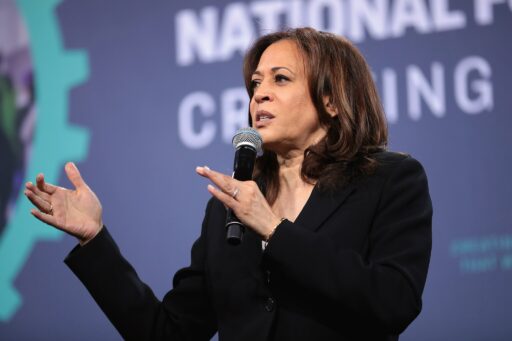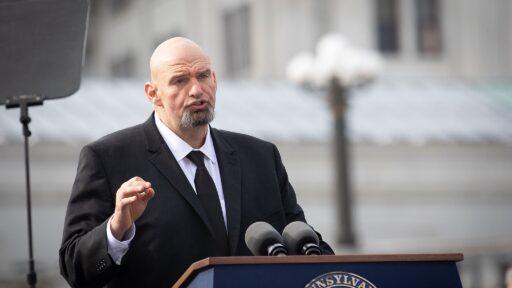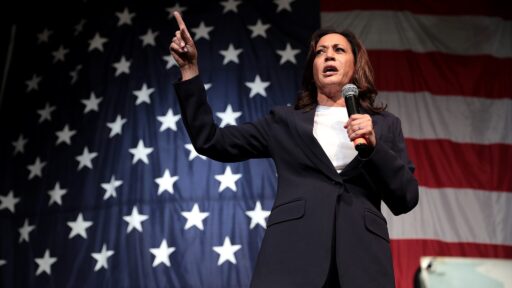This was low even for Kamala.
At a recent campaign rally in Atlanta, Vice President Kamala Harris took a moment to respond to a rallygoer who pointed out that convicted felons, like former President Donald Trump, are barred from voting. Harris, chuckling at the comment, noted it could be a “whole different policy discussion” for another time. This exchange was emblematic of the larger political theater surrounding Trump as he continues his bid for the presidency in 2024.
Harris’s remarks came in the context of discussing Trump’s intention to vote in Florida, which has enacted stringent abortion laws. Despite his felony conviction earlier this year for falsifying business records related to a hush money payment, Trump remains eligible to vote in Florida. This is due to the state’s laws, which allow convicted felons to regain their voting rights as long as they are not currently incarcerated.
Interestingly, Trump’s situation raises questions about the principles he and his supporters espouse. His campaign has often criticized policies aimed at restoring voting rights to felons, such as those implemented by Minnesota Governor Tim Walz. Just recently, Trump’s press secretary lambasted Walz for what they called “embracing a radical left agenda” by allowing convicted felons to vote.
Despite facing several legal battles—including ongoing trials related to classified documents and attempts to overturn the 2020 election results—Trump’s legal status hasn’t stripped him of his right to participate in elections. His conviction, while serious, doesn’t affect his voting eligibility under Florida law.
This scenario illustrates the complexities and contradictions that can arise in politics, particularly when legal frameworks intersect with party ideologies. For many in the Republican Party, these discussions about voting rights, criminal convictions, and political tactics are more than just legal matters; they represent broader ideological battles over who gets a voice in our democracy. As the election approaches, these themes will likely resonate deeply with voters who prioritize both accountability and the sanctity of the ballot box.







